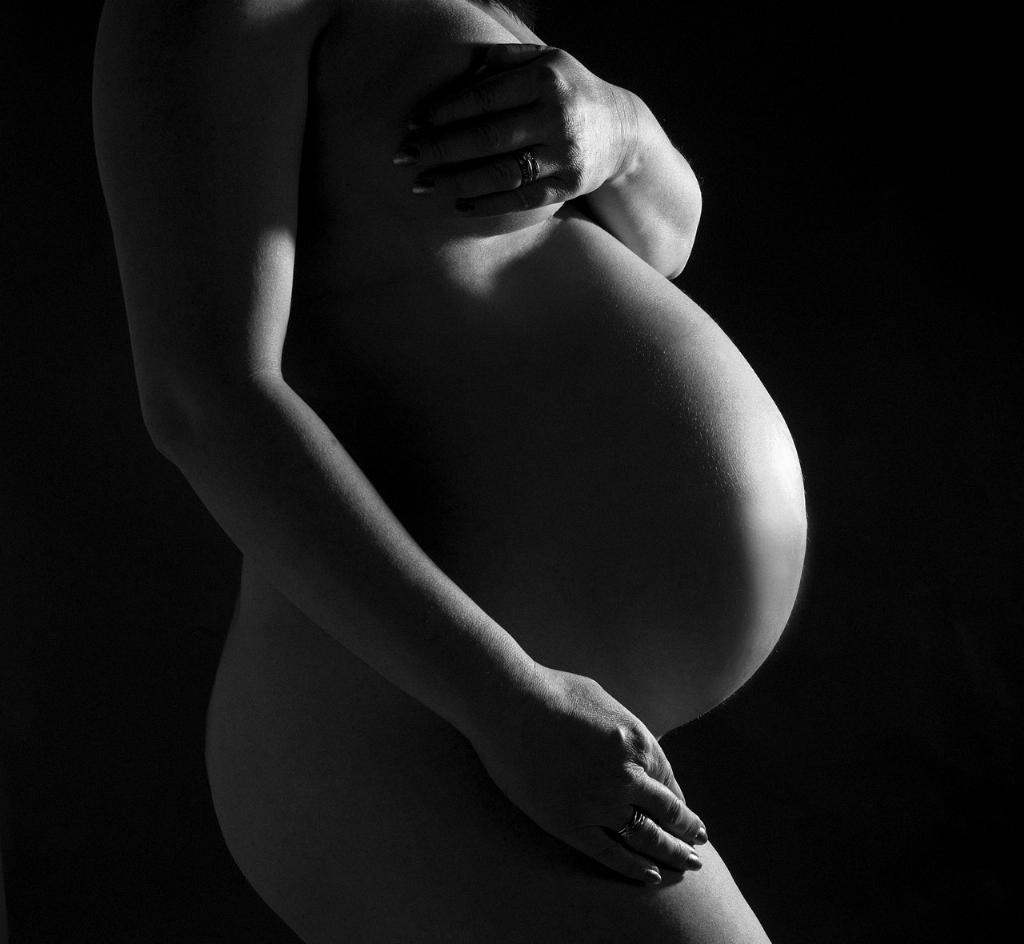When it comes to dealing with colds during pregnancy, one of the common queries that may arise is related to the duration of these illnesses. Many expectant mothers wonder how long a cold will typically last and what they can do to alleviate symptoms while ensuring the well-being of both themselves and their baby.
It is important to note that the duration of a cold during pregnancy is generally similar to the duration experienced by non-pregnant individuals, which typically ranges from about 7 to 10 days. However, due to the changes that occur in a woman’s immune system during pregnancy, the symptoms of a cold may sometimes feel more intense or prolonged.
Factors such as the overall health of the expectant mother, possible complications that may arise, and the specific virus causing the cold can all play a role in determining how long the illness may last. Additionally, seeking timely medical advice and appropriate care can help in managing the cold effectively and minimizing its impact.
It is crucial for pregnant women to prioritize their health and well-being, especially when dealing with illnesses like colds. Taking preventive measures such as maintaining good hygiene practices, staying hydrated, getting ample rest, and consuming a balanced diet rich in essential nutrients can contribute to a stronger immune system and reduce the risk of contracting illnesses.
When a cold does strike during pregnancy, it is essential to consult with a healthcare provider to ensure appropriate management and treatment. While certain over-the-counter cold medications may not be recommended for use during pregnancy, there are safe alternatives and remedies that can help alleviate symptoms.
Furthermore, staying informed about the latest recommendations and guidelines regarding colds and pregnancy can empower expectant mothers to make informed decisions about their health. By being proactive and seeking medical advice when needed, pregnant women can navigate through colds with greater confidence and peace of mind.
Given the uniqueness of each pregnancy and individual health profile, the duration of a cold during pregnancy can vary. Some women may find that their symptoms resolve within a few days, while others may experience lingering effects for a longer period. Monitoring symptoms closely and communicating any concerns with a healthcare provider is key.
During pregnancy, the body undergoes numerous changes to support the growth and development of the baby, which can impact how illnesses like colds are experienced. Being attuned to one’s body, practicing self-care, and seeking appropriate medical attention can all contribute to managing cold symptoms effectively and promoting overall well-being.
By understanding the typical duration of colds during pregnancy and implementing strategies to support immune health, expectant mothers can navigate through these temporary health challenges with resilience and confidence. Prioritizing self-care, seeking guidance from healthcare professionals, and staying informed about best practices are all instrumental in promoting a healthy pregnancy journey.
Ultimately, while dealing with a cold during pregnancy may present some challenges, it is important to remember that with proper care and support, most women can recover successfully and ensure the health and safety of both themselves and their unborn child. By staying proactive, informed, and connected to healthcare resources, expectant mothers can effectively manage colds and other health concerns that may arise.
As always, when in doubt or if experiencing severe symptoms, it is advisable to seek medical attention promptly. Your healthcare provider can offer personalized guidance and support to address any concerns related to colds or other health issues during pregnancy, ensuring the best possible outcome for you and your baby.

